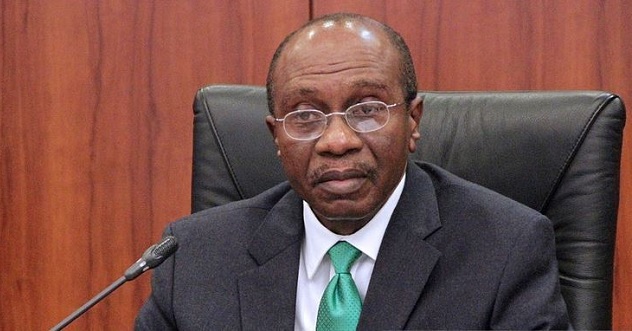Business
Nigerian economy posted $4.2bn forex shortfall in 12 months

The economic report of the Central Bank of Nigeria (CBN) has revealed that the Nigerian economy recorded a total foreign exchange inflow of $58.01 billion between November 2018 and November 2019.
The document further states that the total foreign exchange outflow from Nigeria in the period under review was in the neighbourhood of $62.18 billion.
Thus the economy experienced a forex shortfall in the period going by the rate at which outflows outstripped inflows.
Nigeria’s forex inflow is largely determined by sales of crude oil as well as receipts from non-oil sector.
The decline in forex inflow has affected the country’s foreign exchange reserves, which serve the purpose of backing liabilities and influence monetary policy. In recent times, the decline has been triggered by fall in oil receipts as well as the intervention of the apex bank in the forex market.
According to the CBN report, Nigeria posted $3.21 billion and $3.78 billion as forex inflow and outflow respectively in November 2018. It translated to $574.3 million deficit net flow.
The inflow and outflow figures for December 2018 were $5.04 billion and $5.85 billion respectively with a deficit net flow of $812.6 million.
The inflows for January, February, March and April 2019 stood at $5.39bn, $5.22bn, $7.75bn and $3.85bn in that order while the outflows for these months stood at $5.69bn, $5.36bn, $5.25bn and $4.27bn respectively.
Read also: Cost of doing business in Nigeria may worsen in 2020 –LCCI
However, deficit net flows were recorded in January ($292.8 million) and April ($418.4 million) while positive net flows were posted in February ($134 million) and March ($2.51 billion).
The economy recorded inflows of $4.01bn, $3.59bn, $3.6bn, $4.89bn, $4.15bn, $3.52bn and $3.72bn in May, June, July, August, September, October and November in that order and outflows of $3.59bn, $3.69bn, $3.84bn, $6.14bn, $5.42bn, $4.95bn and $4.31bn respectively.
Deficit net flows of $421.9m, $98.8m, $228.5m, $1.25bn, $1.27bn, $1.43bn and $589m were recorded in May, June, July, August, September, October and November respectively.
The report states: “Aggregate outflow of foreign exchange from the bank fell by 12.9 per cent and 17.3 per cent to $4.31bn, below the levels at the end of the preceding month and the corresponding period of 2018 respectively.
“The development, relative to the preceding month’s level, was attributed mainly to 10.4 per cent and 18.4 per cent decline in interbank utilisation and other official payments respectively.
“Overall, foreign exchange flows, through the bank at end-November 2019, resulted in a net outflow of $0.59bn, compared with a net outflow of $1.43bn in the preceding month.
“It, however, recorded a net inflow of $2.71bn, when compared with the level in the corresponding period of 2018.”
Join the conversation
Support Ripples Nigeria, hold up solutions journalism
Balanced, fearless journalism driven by data comes at huge financial costs.
As a media platform, we hold leadership accountable and will not trade the right to press freedom and free speech for a piece of cake.
If you like what we do, and are ready to uphold solutions journalism, kindly donate to the Ripples Nigeria cause.
Your support would help to ensure that citizens and institutions continue to have free access to credible and reliable information for societal development.
























